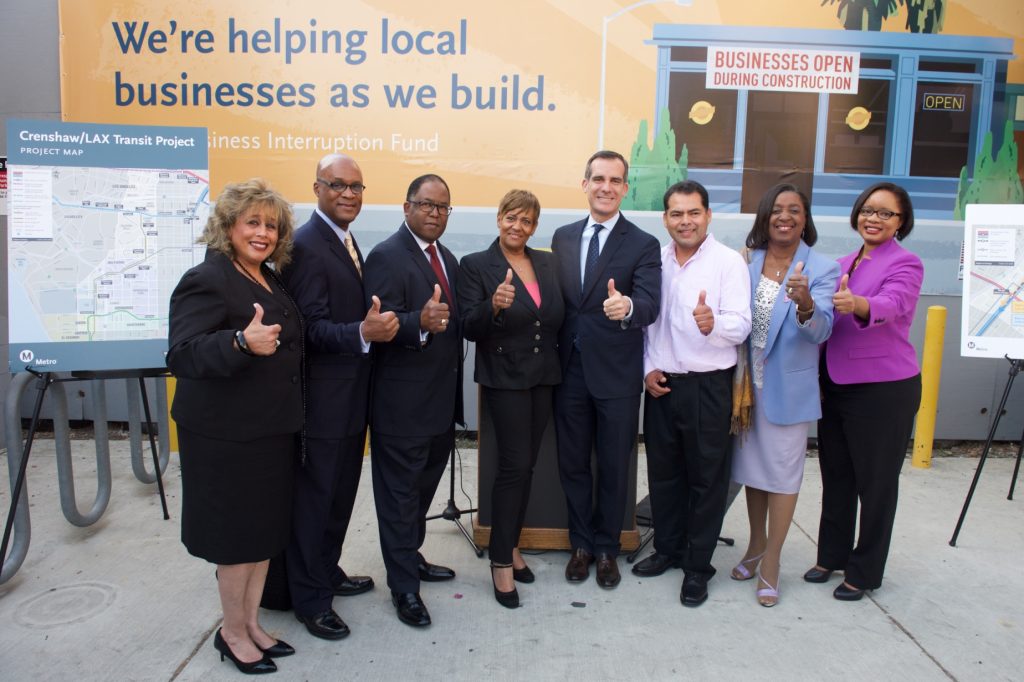
Introduction:
Department of Commerce and Economic Opportunity (DCEO) is informing small businesses and communities. BIG funds cannot be used to compensate for revenue losses resulting from a loss of government transfers or taxes. The company can generate revenue from operating fees for the use of space/services and membership dues.
Who is eligible?
- Industry sectors highly impacted include event venues, music venues, performing arts venues, indoor recreation, amusement parks, theaters, museums, and charter buses.
- Restaurants, and taverns, fitness centers, tourism activities and accommodations, arts support services, independent retailer of all types, Independent bars and restaurants, Independent retail stores, independent restaurants, independent bars, and independent restaurants
- The corporation, LLC, partnership, or sole proprietor must be a for-profit corporation or a limited liability company authorized to conduct business in Illinois; OR a 501c3, 501c6, or 501c19 nonprofit corporation.
- A minimum of three months of operation before March 2020. Starting a business after March 2020 is not eligible. Due to the short timeframe in which you were in business, DCEO is not able to determine the success or lack thereof of a business that was started in 2020 without much financial documentation.
- It must have generated less than $20 million in gross operating revenue in the calendar year 2019, or a pro-rated amount if it has been in operation less than a year before March 2020.
- Net operating losses must have occurred since March 21, 2020.
- During the COVID 19 pandemic, it is possible that operations were closed or reduced due to government guidelines, public health guidelines, or decreased consumer demand.
- Comply with all relevant laws, regulations, and executive orders issued by the State and federal governments, as well as the social distancing guidelines promulgated by the Governor of Illinois.
Read More: A Detailed Overview About Optical Real Estate Its Purpose With Advantages And Disadvantages

Who is ineligible?
Businesses in the following situations are not eligible:
- Those who do not operate a sole proprietorship but are independent contractors or freelancers
- Child care providers that meet other eligibility guidelines for Child Care Restoration Grants (this includes all licensed child care providers; license-exempt child care providers are also eligible to apply).
- The membership of a private club or business is limited for a reason other than capacity
- In speculative businesses, profits are generated more from price fluctuations than from the normal course of business;
- Unless the company is a non-bank or a non-bank holding company that has been certified as a Community Development Financial Institution (CDFI), any business earning more than a quarter of its annual net revenue from lending
- A legal gambling business whose gross annual revenue includes at least 33% from legal gambling activities
- The primary incentive of a person participating in a pyramid scheme is the development of sales made by a growing number of other participants
- An organization or business operating in violation of federal or local law. For example, the production, servicing, or distribution of otherwise legal products for illicit purposes (such as selling drug paraphernalia or operating a motel that permits illegal prostitution) would fall under this category
- As the owner of real property that is leased to a tenant or tenants through a lease agreement, a company obtains most of its income
- Religion-related businesses that teach, instruct, counsel, or indoctrinate religion, whether in a religious or secular setting
- The government-owned business (except for businesses owned or controlled by Native American tribes)
- Politics or lobbying are the primary activities of a business
- Wholesale or retail dealers in tobacco products, liquor, firearms, or any other products that are manufactured or sold by such businesses
- Clubs for strippers or nightclubs
- The employment of an agency
- You can find a pawn shop there
- The store sells liquor
- The storage of trailers or junkyards
- Those listed above, or an establishment similar to those mentioned
- Majority owners of a company with familial or financial connections to directors, shareholders or leadership members of the Department, or the Department’s partners under this program.
What businesses get priority?
To qualify, nonprofits that were not eligible for Payment Protection Programs (PPP) or Economic Injury Disaster Loans (EIDL) will have priority. This does not mean that you will not be funded, but that you will receive lower priority.
Impacts of PPPs and other funding on BIG eligibility:
There are some programs and loans provided under the CARES act that cannot be used to cover the same cost twice (PPP loans, BIG grants, and some others). In other words, the total eligible company costs incurred since March 2020 cannot be more than the total grants and loans that your company received under the respective programs.

Businesses can use BIG to cover payroll if they have exhausted their PPP funds during the period for which they applied to use PPP. BIG is available since March 2020. There can be no double-dipping, i.e., the same business cannot use BIG funds to cover expenses previously covered by another state or federal fund.
If you’ve previously received grant funding, it doesn’t matter how much, the fact that you received SOME help will deprioritize you. DCEO understands that some small businesses have not been able to receive any support, so they want to make sure they are prioritized.
Tips for Completing the Application:
- Please do not rush to complete this application. The first time you fill it out, do it right. DCEO will set aside your application if it contains mistakes and may or may not revisit it depending on how many applications they receive. Business names, technical names, and owner’s names should all be aligned.
- This is why Google Autofill should not be used to fill out the application form.
- The application will be stalled if there are any errors. You can do the worst thing by applying incorrectly.
- You cannot scale the grant if you cannot demonstrate losses. Your losses must be proven, and that’s the most important point. It is important for them to understand the full scope of your losses.
- The amount you made in 2019 must be demonstrated (tax returns, financial statements) if you are a sole proprietor and do not have a W-9. DCEO may provide more information about this soon.
Conclusion
To provide economic relief to small businesses hardest hit by COVID-19, Governor Pritzker and the Illinois General Assembly created the Business Interruption Grant (BIG), which is worth $636 million. To offset losses caused by COVID-19, BIG leverages federal funds provided by the CARES Act.
Apart from this, if you are interested to know more about Impact of Business Coaching on Australian Startups then visit our Business category




